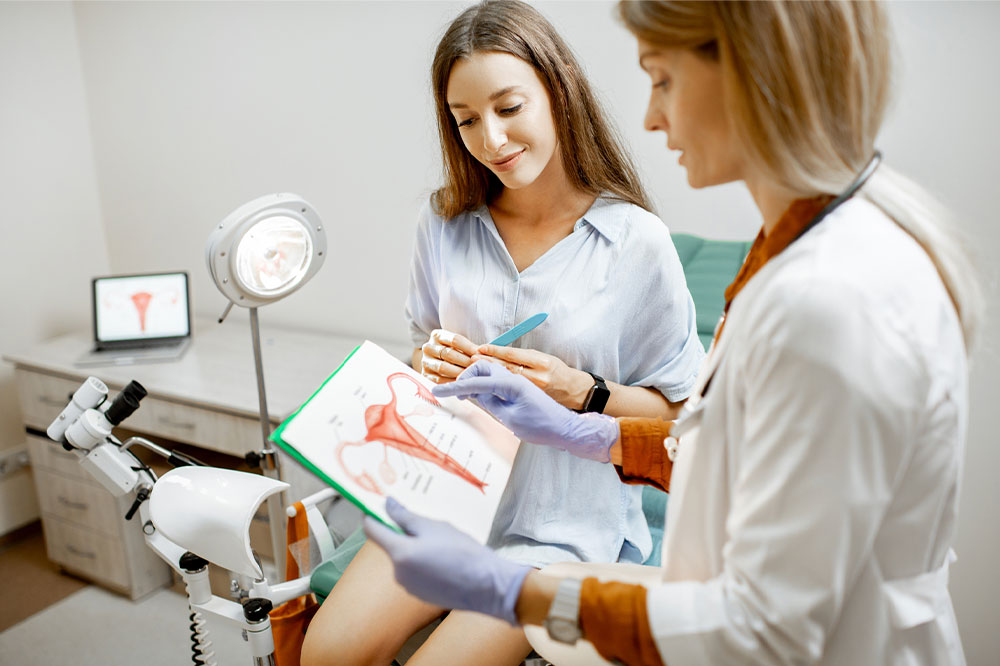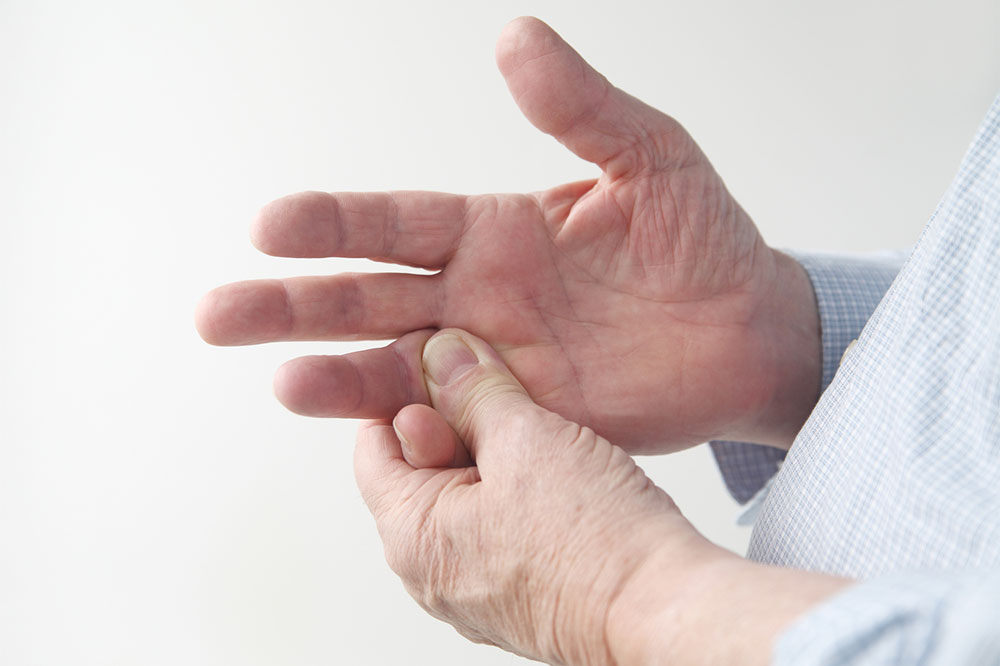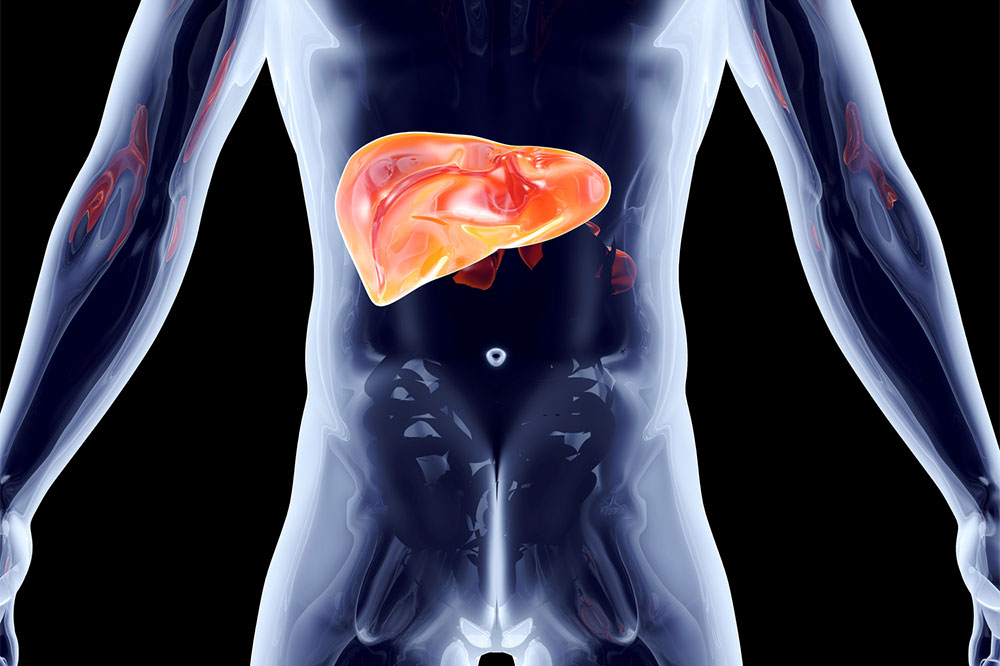6 signs indicating it’s time to consult a gynecologist

It is highly recommended that young women start consulting a gynecologist around the age of 15, particularly if their menstrual cycle starts early. Those aged 21 years or older are advised to have annual check-ups with a gynecologist for overall health. If one experiences any disturbing symptoms, it is imperative to schedule an appointment with the doctor without any delay. This article discusses 6 signs that indicate one needs to consult a gynecologist.
Menstruation
The menstruation cycle is a monthly indicator of reproductive health. If one experiences excessive bleeding or excruciating periods, it is recommended to seek medical attention as these symptoms may indicate an underlying issue. Most women experience symptoms like headaches, abdominal pain, and sore breasts during their menstrual cycles. However, when these symptoms get too painful and persist for a long time, they could point toward endometriosis. This is a condition in which extra tissue that builds up outside of the uterus causes swelling and bleeding. There could also be growth of cells or tissues inside the uterus called fibroid growth. When the symptoms are too severe, the doctor may suggest various tests to diagnose the issue, which may also point toward ovarian cancer.
Vaginal infection
The vagina has a natural odor, but sometimes an infection can develop an unpleasant odor. This unpleasant odor can be an indicator of a bacterial or yeast infection that needs to be checked by a gynecologist. This infection can cause swelling and uncomfortable itching and need proper treatment.
Pregnancy
If one is pregnant, it is important to visit a gynecologist regularly. It is crucial to schedule doctor visits every couple of months and weeks closer to the delivery date. Monitoring the mother’s and fetus’s health becomes crucial to ensure both are healthy and there is no risk of potential complications during delivery.
Menopause
This is the period when the menstrual cycle stops completely. All women go through menopause, and the symptoms of this usually start in the late 40s and early 50s. Some symptoms include hot flashes, irregular periods, night sweats, vaginal dryness, chills, stress, and insomnia. Sleep is usually interrupted due to hot flashes and night sweats, which can be extremely uncomfortable. Unfortunately, there is no known treatment for menopause, which may lead to hormonal imbalance.
Incontinence
Accidental urine leakage is an illness called incontinence and can affect women of any age. However, it is most common among women in their 50s and 60s. New mothers may also experience incontinence, especially if the baby is too big or a vacuum or forceps are needed to get them out. The gynecologist can suggest treatments like muscle relaxation, nutritional changes, surgery, and behavioral therapy to treat the condition. A detailed diagnosis will help with the right treatment plan.
Discomfort during sex
Due to low libido as a symptom of menopause, intercourse can be uncomfortable and even painful. While this may be common among women experiencing menopause, some young women may also experience this. It is important to consult a gynecologist who can provide treatment options, including increasing estrogen levels to alleviate discomfort during intercourse.
If one experiences any unusual signs or symptoms related to reproductive health, it is important to seek the attention of a gynecologist. They can provide necessary treatments to address the issue.






